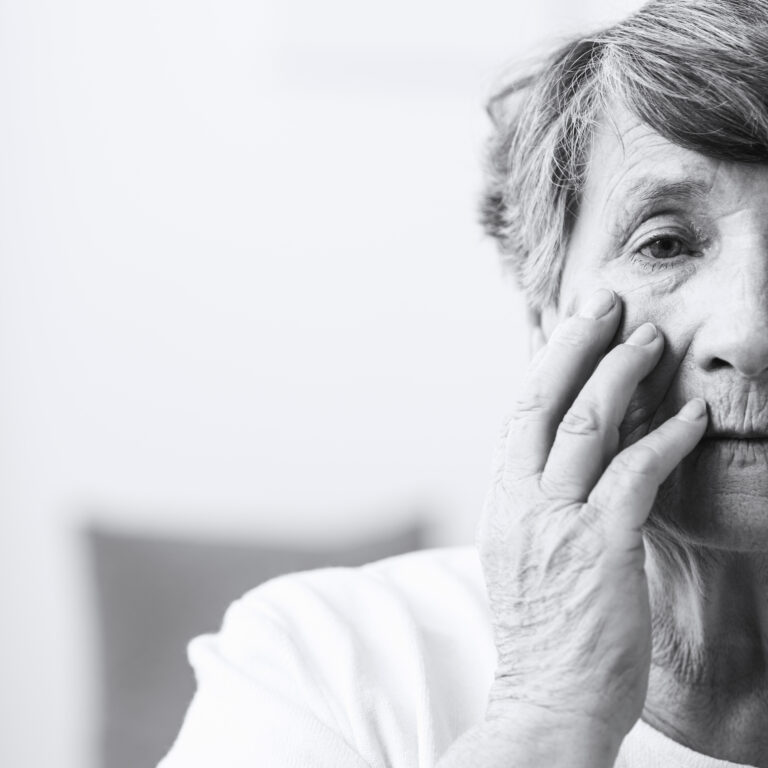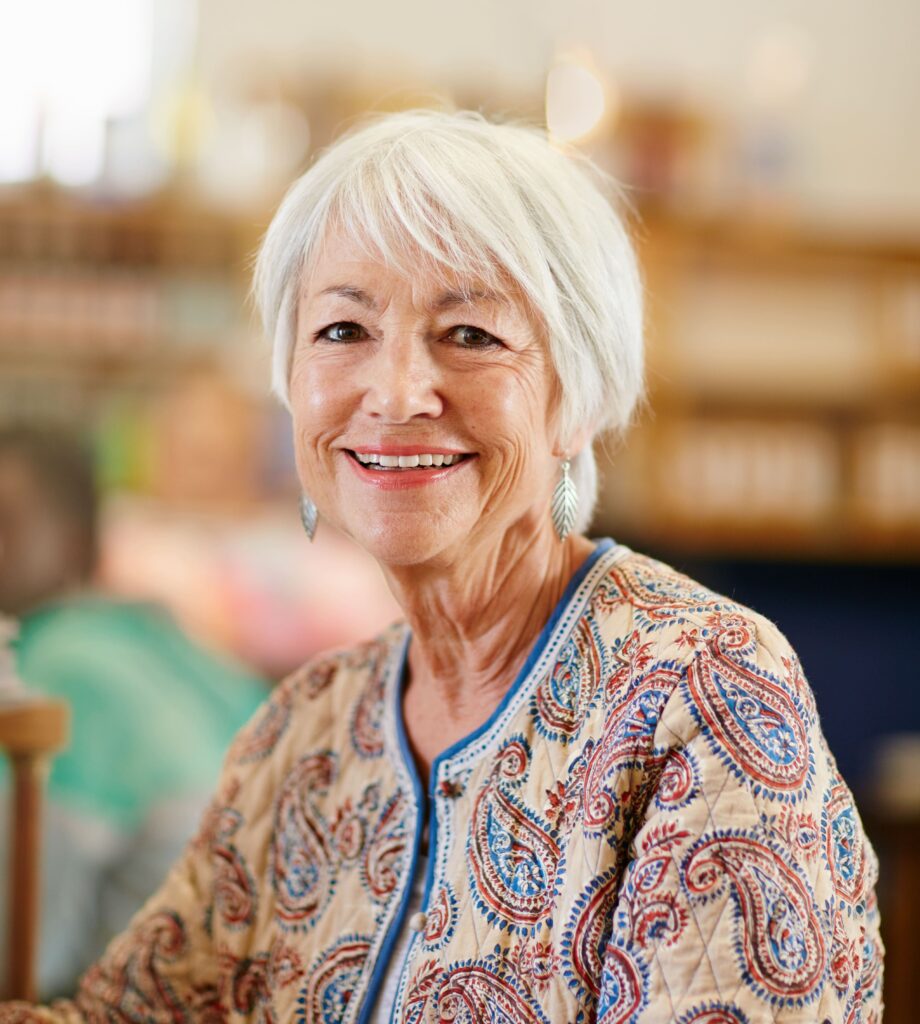Mental Health and Aging: How Acupuncture Can Help
According to the National Institute of Mental Health (NIMH), nearly one in five older adults in the United States experiences a mental health concern such as depression, anxiety, or chronic stress. Despite this prevalence, many cases remain undiagnosed or untreated due to social stigma, limited access to care, or the belief that emotional distress is a “normal” part of aging.
The Centers for Disease Control and Prevention (CDC) reports that depression affects more than 7 million adults aged 65 and older in the U.S., often linked to physical illness, medication side effects, or loss of independence. Anxiety disorders are also common, sometimes triggered by health concerns, financial stress, or fear of isolation.
Contributing Factors
Several factors can contribute to emotional challenges in later life:
- Isolation and loneliness: retirement, bereavement, or reduced mobility may limit social contact.
- Loss and grief: coping with the death of a spouse, friends, or family members.
- Chronic illness or pain: ongoing medical conditions can reduce quality of life and increase vulnerability to depression.
Sleep disturbances: insomnia or fragmented sleep are frequent among seniors and may worsen mood symptoms.
Depression and Anxiety in Older Adults: Symptoms and Warning Signs
Depression and anxiety in seniors often present differently than in younger adults. Instead of expressing sadness directly, older individuals may experience fatigue, irritability, loss of interest, or unexplained physical pain. According to the Anxiety & Depression Association of America (ADAA), symptoms may include:
- Persistent worry, fear, or restlessness
- Changes in appetite or sleep
- Memory problems or difficulty concentrating
- Withdrawal from activities or social circles
These symptoms can easily be mistaken for signs of normal aging or other medical conditions. Recognizing the difference early can lead to timely and effective treatment.

Aging and Emotional Well-Being: Other Common Conditions
Mental health challenges rarely occur in isolation. Many older adults also experience conditions like:
- Insomnia: chronic sleep problems that exacerbate fatigue and irritability.
- Chronic fatigue: linked to medication effects, stress, or poor sleep hygiene.
- Stress-related pain: tension headaches, muscle stiffness, or back pain that may stem from emotional strain.
For some, chronic pain becomes both a physical and emotional burden. Research shows that addressing mental health can significantly reduce the perception of pain and improve overall well-being. Internal therapies like acupuncture for stress relief can complement traditional treatments by calming the nervous system and improving sleep quality.
Complementary Approaches for Mental Health
Treating depression or anxiety in older adults typically requires a multidisciplinary approach. Evidence-based care may include:
- Psychotherapy: such as cognitive behavioral therapy or supportive counseling.
- Lifestyle adjustments: balanced diet, gentle physical activity, and mindfulness practices.
- Community engagement: social programs for seniors can reduce isolation and enhance mood, as highlighted by the National Council on Aging (NCOA).
Many seniors also benefit from integrative therapies like acupuncture and Chinese medicine for anxiety and depression, which focus on restoring balance between body and mind. These approaches can support emotional resilience and overall vitality as part of a holistic care plan.

How Acupuncture Supports Mental Health
Acupuncture has been practiced for thousands of years to restore balance and promote healing throughout the body. Today, modern research continues to explore its benefits for both physical and emotional health. According to the National Center for Complementary and Integrative Health (NCCIH), acupuncture may help regulate the body’s stress response and support natural neurotransmitter activity, which can improve mood and promote relaxation.
Scientific Evidence and Ongoing Studies
Recent reviews published in PubMed suggest that acupuncture, when used alongside conventional care, can help reduce symptoms of depression, anxiety, and insomnia—particularly in older adults. Some studies report improvements in sleep quality, lower cortisol levels, and enhanced overall well-being after a course of 6–8 treatments.
While acupuncture should not replace psychotherapy or prescribed medications, it can serve as an adjunct therapy that enhances emotional stability and resilience. Patients often describe feeling calmer, more centered, and better able to manage daily stress.
If you are exploring non-pharmacological ways to improve your emotional health, you can learn more about acupuncture for anxiety and depression or speak directly with our practitioners about how it may complement your current treatment plan.

What to Expect During an Acupuncture Session
A typical acupuncture session at Sun Acupuncture Minnetonka lasts about 45 to 60 minutes. After a brief consultation, your acupuncturist will identify the most relevant acupuncture points based on your symptoms, overall constitution, and emotional state.
- Comfort: very thin, sterile needles are inserted gently and usually cause little to no discomfort. Many patients feel deeply relaxed or even fall asleep during the session.
- Treatment frequency: for mood-related conditions, weekly sessions are common at first, followed by maintenance visits as symptoms improve.
- Licensed care: it’s essential to receive treatment from a licensed and certified acupuncturist, ensuring both safety and effectiveness.
Mental and emotional health are just as important as physical wellness—especially as we age. Addressing issues like depression, anxiety, and insomnia early can dramatically improve quality of life and longevity.
At Sun Acupuncture, our goal is to provide compassionate, integrative care that supports both mind and body. Whether you’re seeking relief from chronic stress or exploring ways to improve mood and sleep, acupuncture can be a gentle yet powerful ally on your journey toward balance.
Discuss your options with your healthcare provider or schedule a consultation today to learn how acupuncture can support your emotional well-being.

